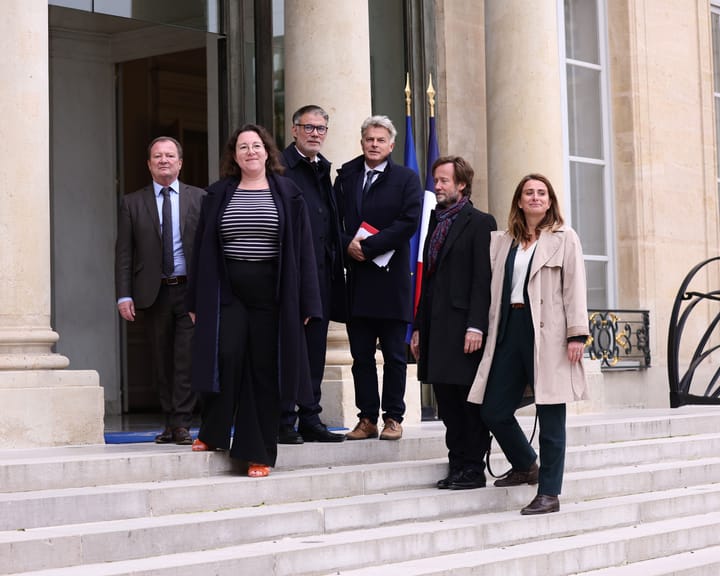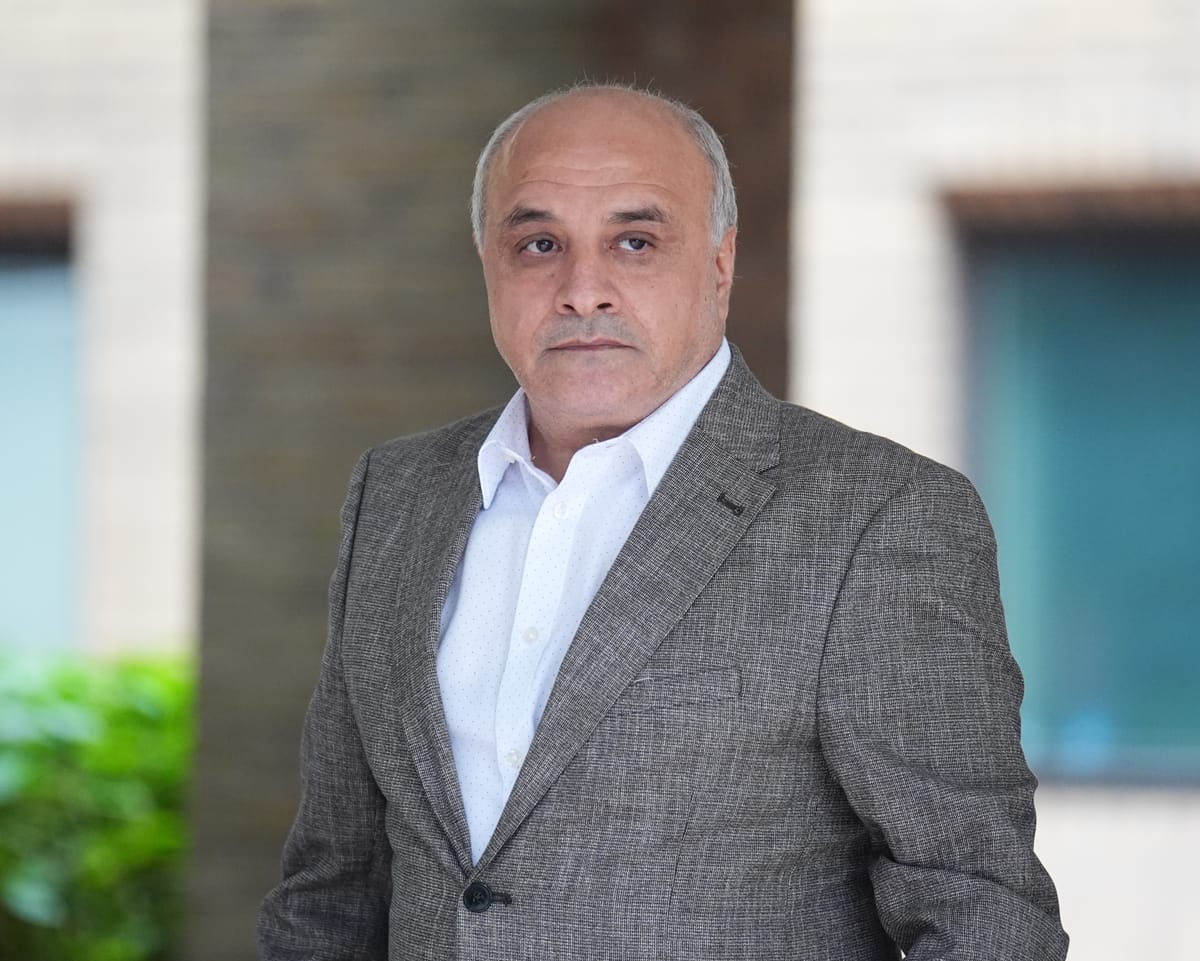A man who was penalized for burning a Qur’an outside the Turkish diplomatic mission in London has successfully appealed his conviction after a judge upheld his "right to offend."
Hamit Coskun was initially found guilty of a religiously aggravated public order offense in June following an incident in February, during which he shouted inflammatory remarks while setting fire to the religious text.
Westminster magistrates court had ruled that Coskun’s conduct was partly driven by animosity toward Muslims, based on statements he made during police questioning. Coskun, however, maintained that his criticisms were directed at the religion itself, not its adherents.
With support from the Free Speech Union and the National Secular Society, Coskun’s conviction was overturned by Southwark crown court on Friday.
Mr. Justice Bennathan stated that while destroying a Qur’an may deeply distress many Muslims, freedom of expression "must encompass the right to voice opinions that may offend, shock, or disturb."
Coskun, who is of Kurdish and Armenian descent, was born in Turkey and resides in England.
After the ruling, Coskun said he came to England to "express his concerns about extremist ideology without restraint" and felt reassured he could continue to share his perspective publicly.
Robert Jenrick, the shadow justice secretary, who attended the hearing, said he disagreed with burning the Qur’an but maintained that it should not be treated as a criminal act.
He and other critics argued that the original prosecution could be seen as a de facto restoration of blasphemy laws, which were abolished in England and Wales in 2008 and in Scotland in 2021.
Toby Young of the Free Speech Union called the decision a clear signal that protests criticizing religion—no matter how controversial—must be permitted.
He warned that upholding the original verdict might have emboldened religious hardliners to suppress dissenting views through intimidation.
The National Secular Society welcomed the judgment as a crucial defense of free expression, framing Coskun’s actions as a "legitimate political protest."
A representative from Humanists UK expressed relief over the overturned conviction, though they distanced themselves from Coskun’s anti-Muslim sentiments.
They noted concerns that weaknesses in the law could undermine free speech protections and vowed to continue advocating for robust expression rights, limited only to prevent direct harm.
Read next

"Indonesia school collapse: rescue efforts conclude with 67 fatalities"
Search Ends After Indonesian School Collapse Leaves Dozens Dead
Indonesian rescuers concluded their search on Tuesday for victims trapped beneath the rubble of a collapsed Islamic boarding school in East Java, after recovering more than 60 bodies, authorities confirmed.
The tragedy in the town of Sidoarjo struck last week when

"French PM makes last-ditch effort to save government as crisis deepens – Europe updates"
France's Political Standoff Continues as Prime Minister Seeks Cross-Party Support
France remains at a political stalemate as the outgoing prime minister, Sébastien Lecornu, makes a final attempt to gather support from rival parties for a new government.
President Emmanuel Macron assigned Lecornu, 39, to form a government in

"Macron calls emergency talks with parties to swiftly pick new PM"
Emmanuel Macron has called upon the leaders of several political factions to his office, urging them to demonstrate "collective responsibility" as he seeks to appoint a new prime minister amid growing political turmoil.
All parties except Marine Le Pen’s far-right National Rally, the largest opposition group, and

